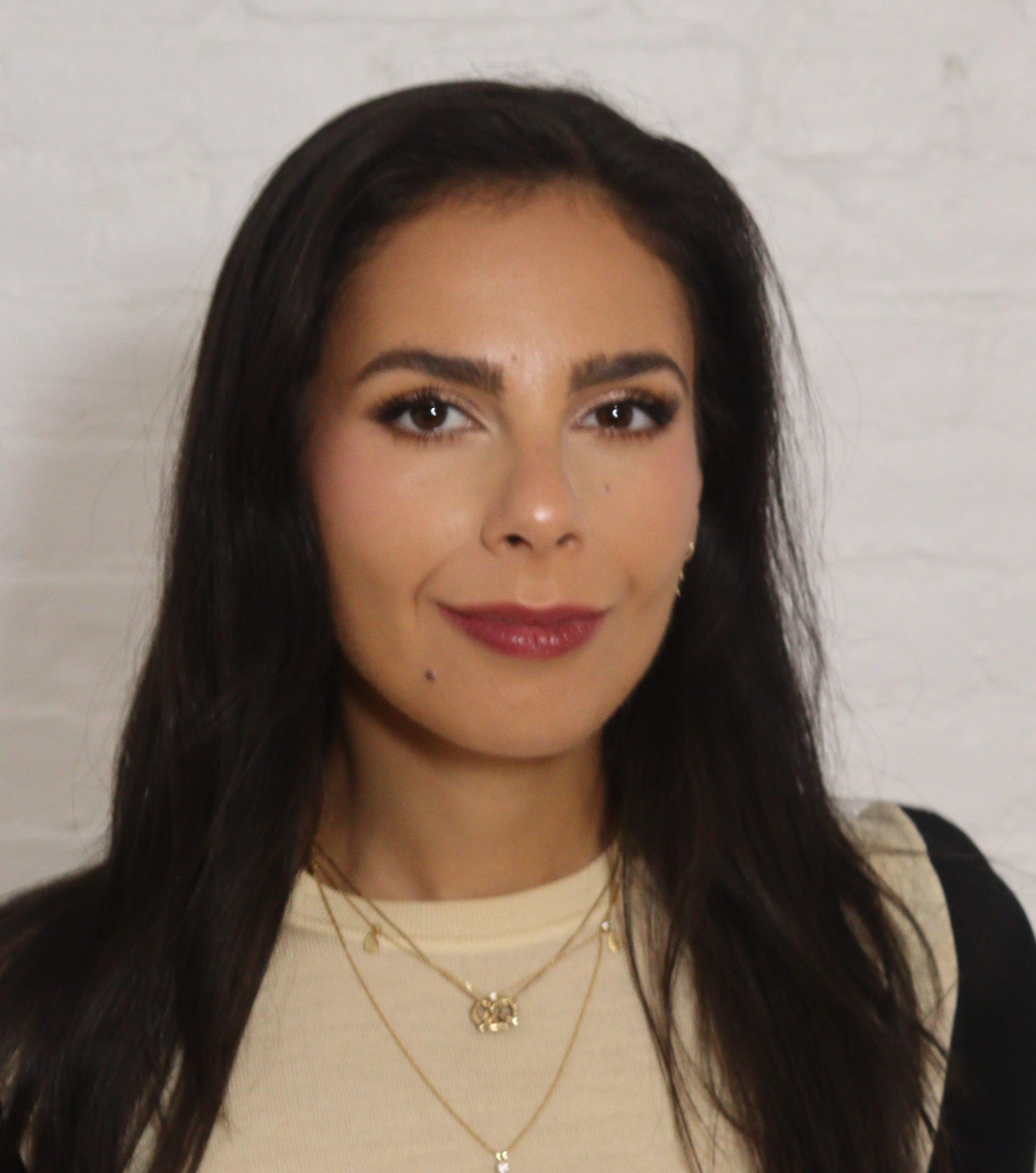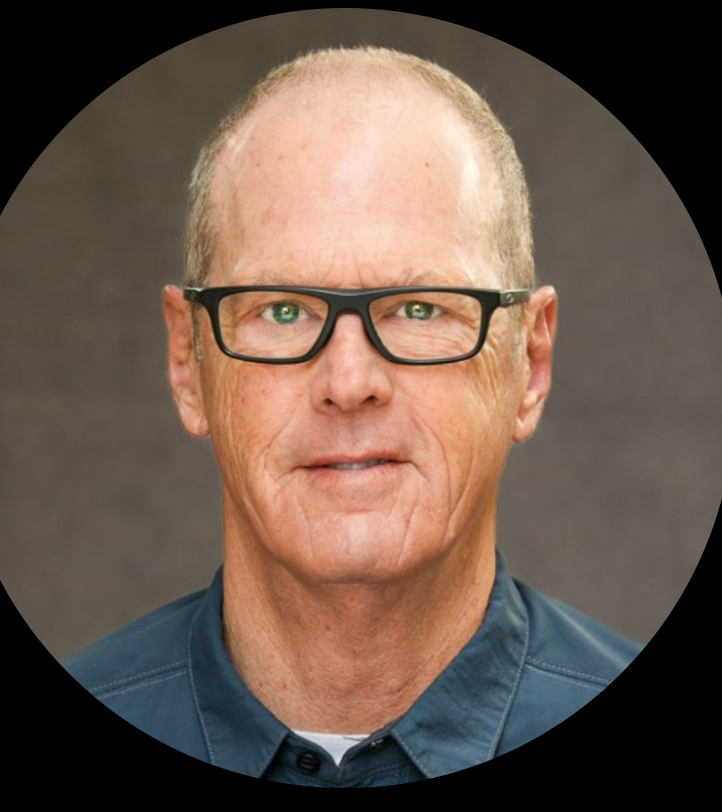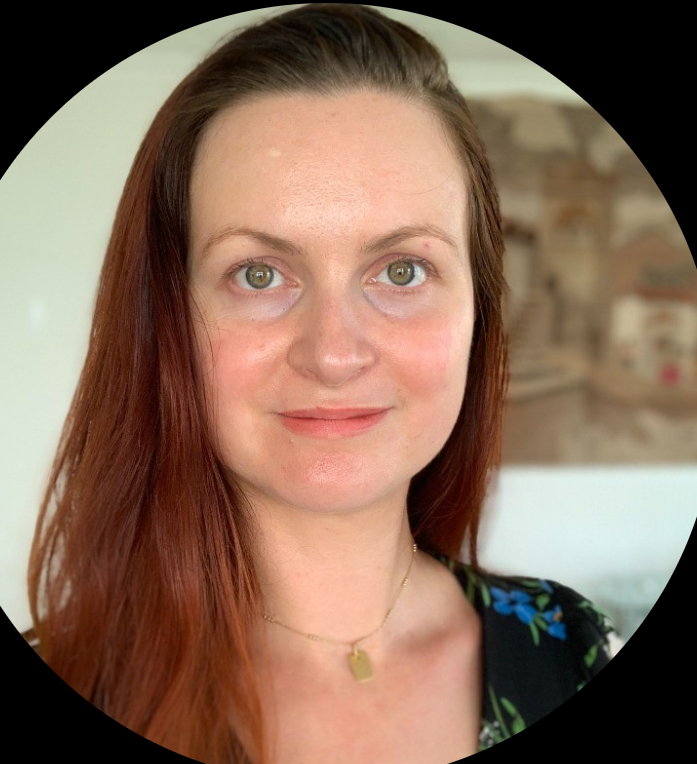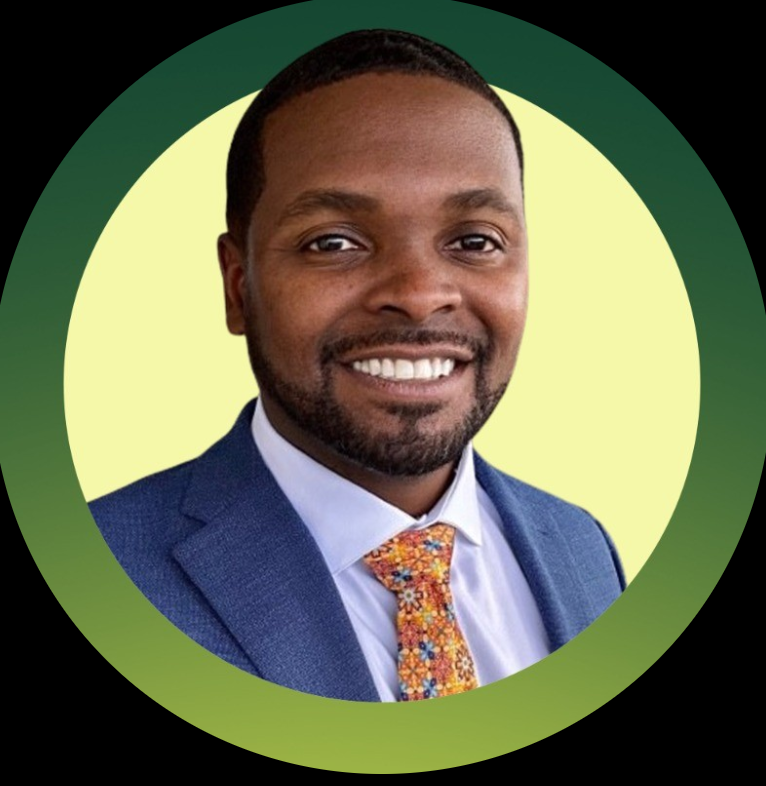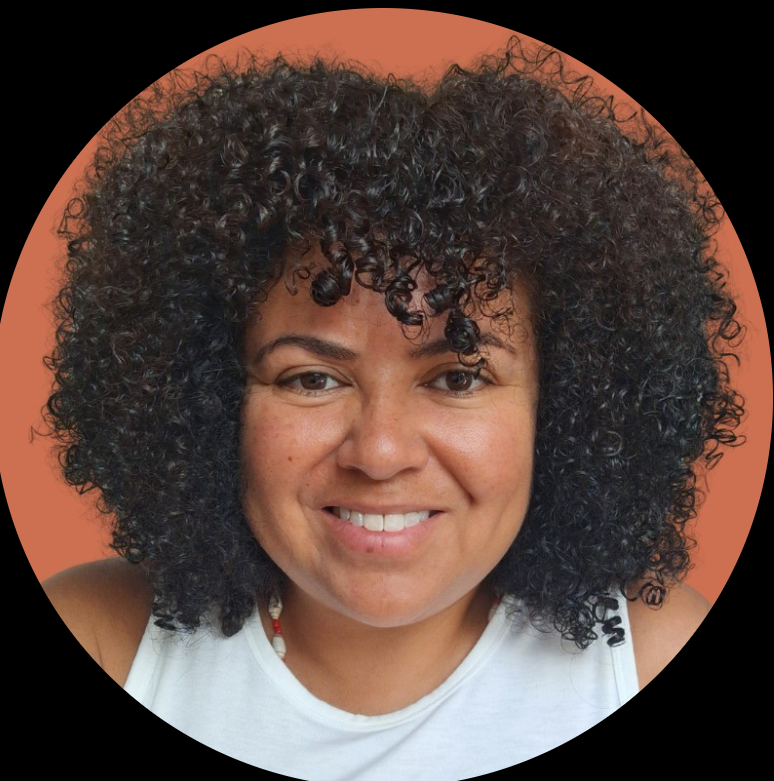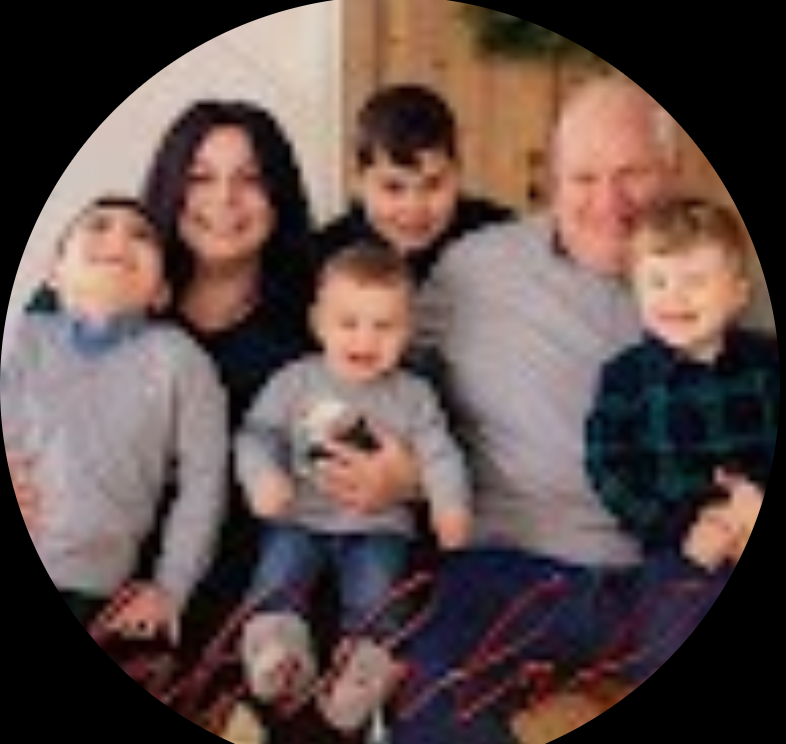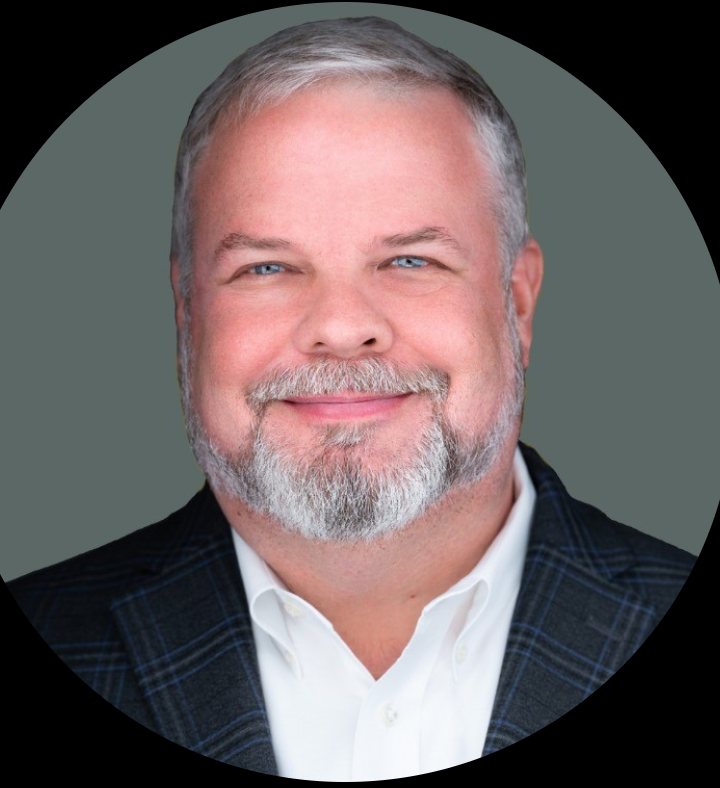Nedah Kalantari is an executive coach dedicated to helping high-achieving women lead with clarity, confidence, and purpose. With a background in corporate strategy and communications, she supports her clients—many of whom hold six-figure or higher roles—as they navigate career pivots, leadership challenges, and high-performance demands. Her coaching is grounded in values, strategy, and emotional intelligence. She believes that when women are deeply connected to their values and voice, they transform not only their careers, but the cultures around them. She’s here to help them do just that.
Could you elaborate on the nature of your business, highlighting its purpose and the ways it benefits people?
My coaching practice is centred on supporting high-performing women—particularly those in demanding, leadership-track roles—who are seeking clarity, confidence, and career fulfilment. I work with executives and emerging leaders to help them lead more intentionally, navigate complex dynamics, and reconnect with their voice and vision. The purpose of my work is to help women rise without losing themselves in the process. Through structured coaching sessions, strategic goal setting, and honest reflection, clients build the mindset and skills needed to thrive on their own terms. The ripple effect? More empowered, self-aware, and impactful leadership at every level.
What inspired you to start your journey as a coach and entrepreneur? Were there any specific events, challenges, or people that motivated you to take this path?
My journey into coaching and entrepreneurship was inspired by the tension I witnessed—and experienced—between professional success and personal fulfilment. I spent years in corporate strategy and communications, often surrounded by brilliant women who were burned out, undervalued, or unsure of their next step despite outward achievement. The turning point came when I began supporting colleagues informally and saw the transformation that occurred when someone had the space to reflect, be challenged, and feel seen. That’s when I realised this work wasn’t just valuable, it was vital. Coaching felt like a natural extension of both my skill set and my calling.
Looking back at the beginning of your career, what were the major challenges you faced when establishing yourself as a leader/coach? How did you overcome those obstacles?
In the early stages of my coaching career, a major challenge was translating my existing skills into a new context—and being seen differently by those who had known me in a previous role. I entered coaching with the belief that I could monetise the trust and rapport I had built over decades, particularly with successful executive men. But I quickly realised that many of them struggled to see me outside of the industry I was coming from, despite years of trusting my instincts and insights. Overcoming this required a shift in focus: instead of convincing others of my value, I doubled down on working with those who could see it. That meant redefining my niche, refining my message, and leaning into the transformation I could offer—particularly to women navigating similar power dynamics.
Would you like to share any remarkable achievements?
One of the most meaningful achievements in my coaching work has been helping high-performing women reclaim their sense of agency and direction—often during pivotal career moments. A recent example that stands out is a client who came to me after being overlooked for promotion multiple times. Through our work together, she not only clarified what she wanted, but built the confidence and strategic positioning to go after it. Within six months, she received a significant promotion, a raise, and—more importantly—recognised her own value. Wins like that are the reason I do what I do.
Women are a growing force in the workplaces worldwide, standing shoulder to shoulder with their male counterparts. What are your thoughts about women leadership today?
Women are a growing force in leadership, not because we’ve suddenly become more capable—but because more of us are finally being seen. What I find remarkable is that women are inherently equipped for leadership, often in ways that go unacknowledged. We are born and bred to navigate discomfort—from the countless ways we modify our bodies to fit societal norms, to the endurance of high heels, to the grit and grace required in childbirth. Discomfort isn’t foreign to us; it’s familiar. And in a world where leadership increasingly demands resilience, emotional intelligence, and adaptability, no one is more prepared than women. The shift we’re seeing isn’t just a moment—it’s a reckoning.
What message/advice would you have for future women leaders and aspiring entrepreneurs?
Own your ambition—and don’t apologise for it. You don’t need to be perfect, or have all the answers, to take up space. But you do need direction. You can’t ask for directions if you don’t know where you’re going. So dedicate time to painting a clear picture of what you want out of your work, your life, your impact, and then work backwards from there. Trust your instincts, stay rooted in your values, and surround yourself with people who challenge and champion you. Discomfort is part of the journey, but so is growth. Keep going. The world needs what only you can bring.
Please insert website or social media links:



